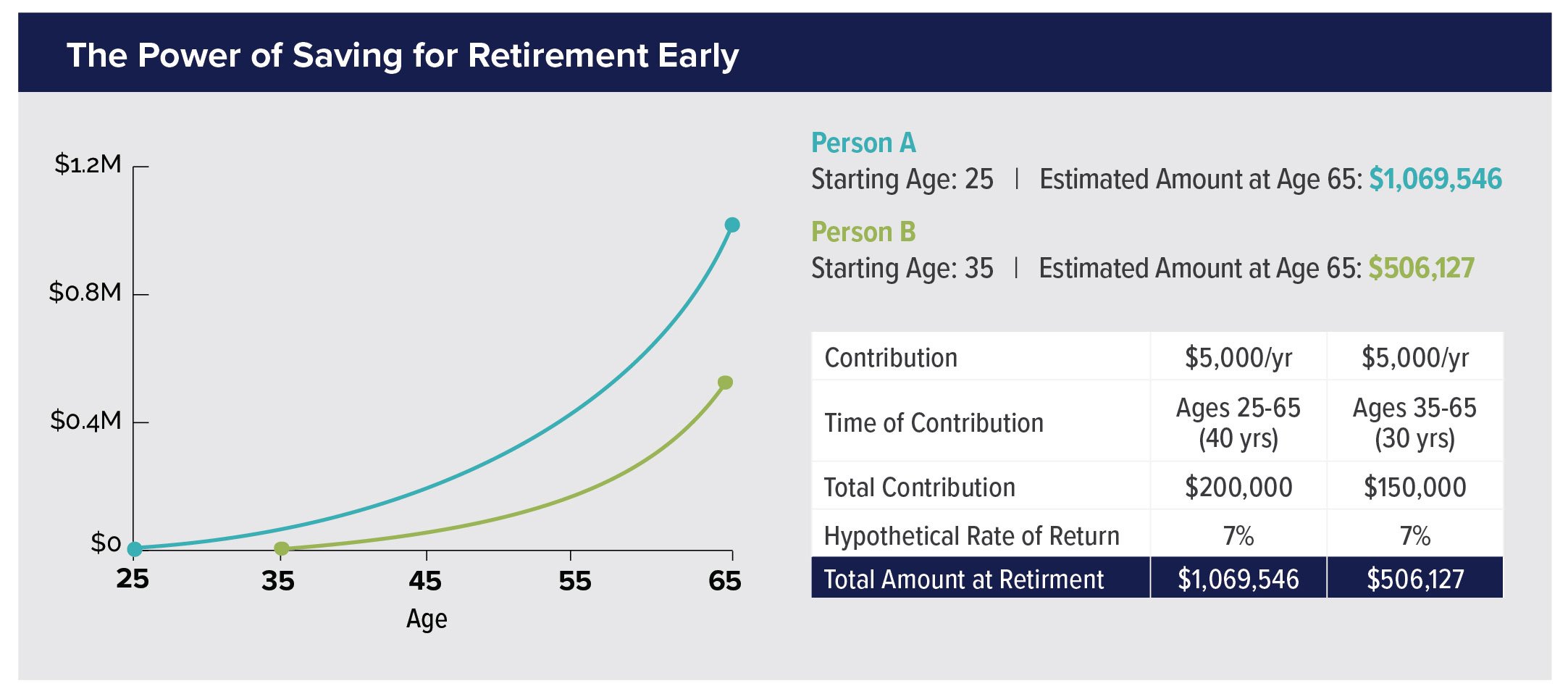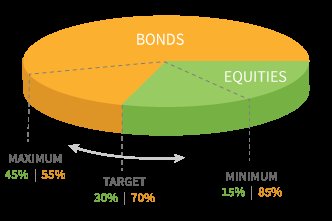Backpacking is an exhilarating adventure that allows you to explore new places without breaking the bank. Wondering how to save money while backpacking? Look no further! In this article, we’ll share practical tips and tricks to help you make the most of your budget while immersing yourself in unforgettable experiences. From finding affordable accommodation to mastering the art of budget-friendly meals, we’ve got you covered. So, if you’re ready to embark on a journey filled with breathtaking landscapes and incredible memories, read on to discover how to save money while backpacking.
How to Save Money While Backpacking
Traveling the world on a backpacking adventure is an incredible experience that allows you to immerse yourself in different cultures, explore breathtaking landscapes, and meet fellow travelers from all walks of life. However, it’s no secret that backpacking can be expensive. From transportation and accommodation to food and activities, costs can quickly add up and strain your budget. But fear not! With some careful planning and smart choices, you can save money while backpacking and make your adventure more affordable without compromising on the experience. In this comprehensive guide, we will explore various strategies and tips to help you save money during your backpacking journey. So let’s dive in and discover how to make the most of your budget!
1. Research and Plan Ahead
Proper research and planning are crucial when it comes to saving money while backpacking. With a well-thought-out itinerary and knowledge about your destinations, you can make cost-effective choices and avoid unnecessary expenses. Here’s what you need to consider:
a. Choose Budget-Friendly Destinations
Some countries and cities are naturally more expensive than others. Research destinations that offer a good balance between affordability and memorable experiences. Southeast Asia, for example, is known for its low costs of living and backpacker-friendly prices. Consider countries like Thailand, Vietnam, Cambodia, or Indonesia, where you can stretch your budget without compromising on adventure.
b. Travel During Off-Peak Seasons
Timing your backpacking trip can make a significant difference in your expenses. Traveling during off-peak seasons means you’ll encounter fewer crowds, enjoy lower prices on flights and accommodation, and even have more bargaining power. Research each destination’s peak and off-peak seasons to find the best time to visit in terms of cost.
c. Create a Detailed Itinerary
Outline your travel route, including the cities and attractions you want to visit. Having a clear plan will help you estimate costs, allocate your budget accordingly, and avoid unnecessary detours or last-minute expenses. However, leave some room for flexibility, as spontaneous adventures can be part of the backpacking experience.
2. Save on Transportation
Transportation expenses can quickly eat into your backpacking budget, but with a few money-saving strategies, you can cut down on costs. Consider the following tips:
a. Choose Overland Travel
While flying might be the quickest way to get from one place to another, it’s often the most expensive option. Overland travel, such as buses or trains, not only allows you to see more of the country you’re visiting but can also be significantly cheaper. Research reliable and affordable transportation options, and compare prices to find the best deals.
b. Take Overnight Transportation
Opting for overnight transportation can save you money on both accommodation and travel. Night trains or buses allow you to cover long distances while you sleep, eliminating the need for a hotel or hostel for that particular night. Just be sure to bring earplugs, an eye mask, and a comfortable travel pillow to ensure a good night’s rest.
c. Consider Carpooling or Hitchhiking
If you’re feeling adventurous and open to alternative travel methods, consider carpooling or hitchhiking. Websites and apps like BlaBlaCar connect drivers with passengers going in the same direction, providing a cost-effective way to travel between cities. Hitchhiking, while not for everyone, can be a free way to get from one place to another, though it requires caution and thorough research about the safety and legality of hitchhiking in your chosen destinations.
3. Accommodation on a Budget
Choosing affordable accommodation options can significantly impact your overall expenses. Here are some ways to save money on lodging:
a. Stay in Hostels or Guesthouses
Hostels and guesthouses are popular choices among backpackers due to their affordability and social atmosphere. Shared dormitories provide the cheapest accommodation, but if you prefer more privacy, many places also offer private rooms at a higher cost. Research hostels and guesthouses in each location you plan to visit, read reviews, and compare prices to find the best options for your budget.
b. Consider Alternative Accommodation
In addition to hostels and guesthouses, consider alternative accommodation options to save money. Couchsurfing allows you to stay with locals for free, while house-sitting or volunteering in exchange for room and board can provide a unique and cost-effective experience. Websites like Airbnb or Booking.com also offer budget-friendly accommodation options, especially if you’re traveling with a group and can split the costs.
4. Eat and Drink Wisely
Food expenses can quickly add up, but with mindful choices, you can still indulge in local cuisine without breaking the bank. Follow these tips to save money on meals:
a. Eat Street Food
One of the best ways to experience local flavors while saving money is by trying street food. Not only is it often delicious and authentic, but it’s also much cheaper than eating at restaurants. Take the time to explore food markets and stalls, and don’t be afraid to try new dishes. Just make sure to choose reputable vendors that maintain proper hygiene standards.
b. Cook Your Own Meals
If you have access to a kitchen or common area in your accommodation, take advantage of it. Buy fresh ingredients from local markets or supermarkets and prepare your own meals. Not only is this a great way to save money, but it can also be a fun and rewarding cultural experience. Get creative with local recipes and flavors!
c. Stay Hydrated with Tap Water
Bottled water can quickly become an unnecessary expense, especially in countries where tap water is safe to drink. Invest in a reusable water bottle with a built-in filter to ensure access to clean drinking water wherever you go. This simple switch will not only help you save money but also reduce plastic waste.
5. Embrace Free and Low-Cost Activities
Exploring your surroundings doesn’t have to come with a hefty price tag. Many destinations offer a plethora of free or low-cost activities that allow you to immerse yourself in the local culture without breaking the bank. Consider the following ideas:
a. Take Advantage of Free Walking Tours
Walking tours are a popular way to explore a new city and learn about its history and culture. Many cities offer free walking tours, typically led by local guides who work on a tip basis. Joining these tours not only gives you valuable insights into the destination but also helps you connect with other travelers.
b. Visit Free Museums and Attractions
Many museums and attractions have designated free admission days or specific hours when entry is complimentary. Take advantage of these opportunities to visit famous landmarks, historical sites, and cultural institutions without spending a dime.
c. Enjoy Nature and Outdoor Activities
Nature provides endless opportunities for exploration and adventure, often at no cost. Take hikes, go swimming in lakes or rivers, or simply enjoy a picnic in a scenic park. Research outdoor activities and natural attractions in each destination, and embrace the beauty of the great outdoors.
6. Stay Mindful of Daily Expenses
While it’s tempting to splurge occasionally, being mindful of your daily expenses can help you stay within your budget. Keep these tips in mind:
a. Track Your Expenses
Maintain a simple record of your daily expenses to keep track of where your money is going. This will help you identify any unnecessary spending patterns and make adjustments accordingly. Whether it’s a digital app or a small notebook, find a method that works for you.
b. Set a Daily Budget
To avoid overspending, set a daily budget for yourself. Determine how much you can afford to spend each day, considering accommodation, food, transportation, and activities. Be disciplined in sticking to your budget, but also allow for some flexibility if unexpected opportunities arise.
c. Negotiate and Haggle
In many countries, bargaining and haggling are an integral part of the culture. Don’t be afraid to negotiate prices, especially in markets, street stalls, or when booking transportation. Polite and respectful negotiation can result in significant savings, so brush up on your negotiation skills.
7. Save on Communication Expenses
Staying connected with friends and family back home is important, but international communication can be costly. Here’s how to save on communication expenses:
a. Get a Local SIM Card
Instead of relying on your home country’s mobile network, consider getting a local SIM card. Local SIM cards often offer better rates for calls, text messages, and data plans, allowing you to stay connected without hefty roaming charges. Research the best options and compare prices before making a purchase.
b. Make Use of Free Wi-Fi
Many cafes, restaurants, and accommodations offer free Wi-Fi to their customers. Take advantage of these opportunities to connect to the internet, check emails, or make calls using apps like Skype or WhatsApp. Just remember to use secure connections and be cautious while sharing personal information over public networks.
By implementing these practical strategies and making conscious choices, you can save money while backpacking and make the most of your adventure. Remember, backpacking isn’t just about the destinations you visit; it’s also about the experiences, connections, and memories you create along the way. So go forth, explore the world, and enjoy the incredible journey while staying savvy with your budget. Safe travels!
how to travel CHEAP and FREE in 2022  ????money saving tips from a budget traveller
????money saving tips from a budget traveller
Frequently Asked Questions
Frequently Asked Questions (FAQs)
1. How can I save money while backpacking?
One of the best ways to save money while backpacking is by opting for budget accommodations such as hostels, camping, or couchsurfing. Additionally, you can save money by cooking your own meals instead of eating out, using public transportation, and being mindful of your spending habits.
2. Are there any specific destinations known for being budget-friendly for backpackers?
Yes, there are several destinations that are known for being budget-friendly for backpackers. Some popular options include Southeast Asia (countries like Thailand, Vietnam, and Cambodia), parts of South America (such as Peru and Bolivia), and Eastern Europe (such as Hungary and Romania).
3. What are some tips for finding cheap flights for backpacking?
To find cheap flights, it’s recommended to be flexible with your travel dates, use flight comparison websites, sign up for airline newsletters and fare alerts, and consider alternative airports. Additionally, booking flights well in advance or opting for last-minute deals can often result in savings.
4. How can I save money on transportation while backpacking?
There are several ways to save money on transportation. Firstly, consider using public transportation like buses or trains instead of taxis or private transfers. Additionally, you can try carpooling or ridesharing services to split costs with fellow travelers. Walking or cycling within a city or town is also a cost-effective option.
5. What are some strategies for minimizing accommodation expenses?
To minimize accommodation expenses, consider staying in dormitory-style rooms at hostels as they are generally cheaper than private rooms. Another option is to camp, either in designated camping areas or in the wild if allowed. Additionally, you can explore couchsurfing, where locals offer a free place to stay.
6. How can I save money on food while backpacking?
You can save money on food by shopping at local markets and grocery stores to prepare your own meals. Look for street food stalls or local eateries for affordable and authentic dining experiences. Avoid touristy restaurants that tend to be more expensive. Furthermore, carrying snacks and a refillable water bottle can help you avoid unnecessary expenses.
7. Are there any money-saving tips for activities and attractions?
Yes, there are several ways to save money on activities and attractions. Look for free or discounted days at museums and attractions, consider exploring natural wonders and public parks which often have lower or no entrance fees, and ask locals for recommendations on affordable or lesser-known attractions that still offer a great experience.
8. Should I exchange currency before my trip or use local ATMs?
Using local ATMs is generally the most cost-effective way to access cash while backpacking. However, it’s a good idea to inform your bank about your travel plans to avoid any issues with your card being blocked. Research the local fees and exchange rates to make informed decisions about when and where to withdraw money.
Final Thoughts
When backpacking, saving money is essential to make the most of your trip. Here are some tips to help you save money while backpacking:
1. Plan your budget: Set a daily limit for expenses and stick to it. This will help you prioritize your spending and avoid overspending.
2. Cook your own meals: Eating out can be expensive, so consider cooking your own meals or opting for street food. This will not only save you money but also allow you to experience local cuisine.
3. Use public transportation: Instead of taking taxis or private transfers, use public transportation to get around. It’s often cheaper and gives you a chance to see more of the local culture.
4. Stay in hostels or budget accommodations: Look for affordable accommodations like hostels or guesthouses. These options are not only cheaper but also provide opportunities to meet fellow travelers.
5. Embrace free activities: Research and explore free attractions, hikes, and walking tours. This way, you can still have a great time without emptying your wallet.
Remember, saving money while backpacking is all about being mindful of your expenses and making smart choices. By following these tips, you can have an incredible backpacking experience without breaking the bank.



